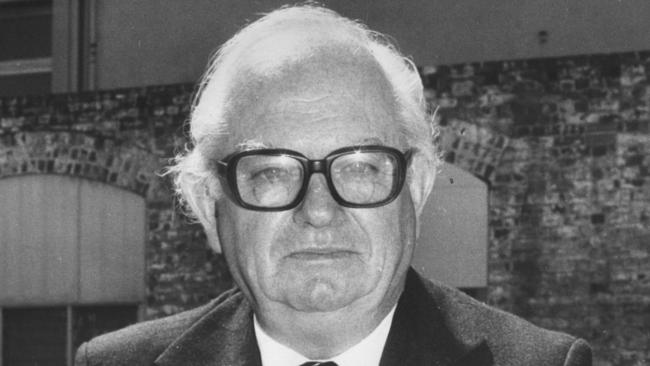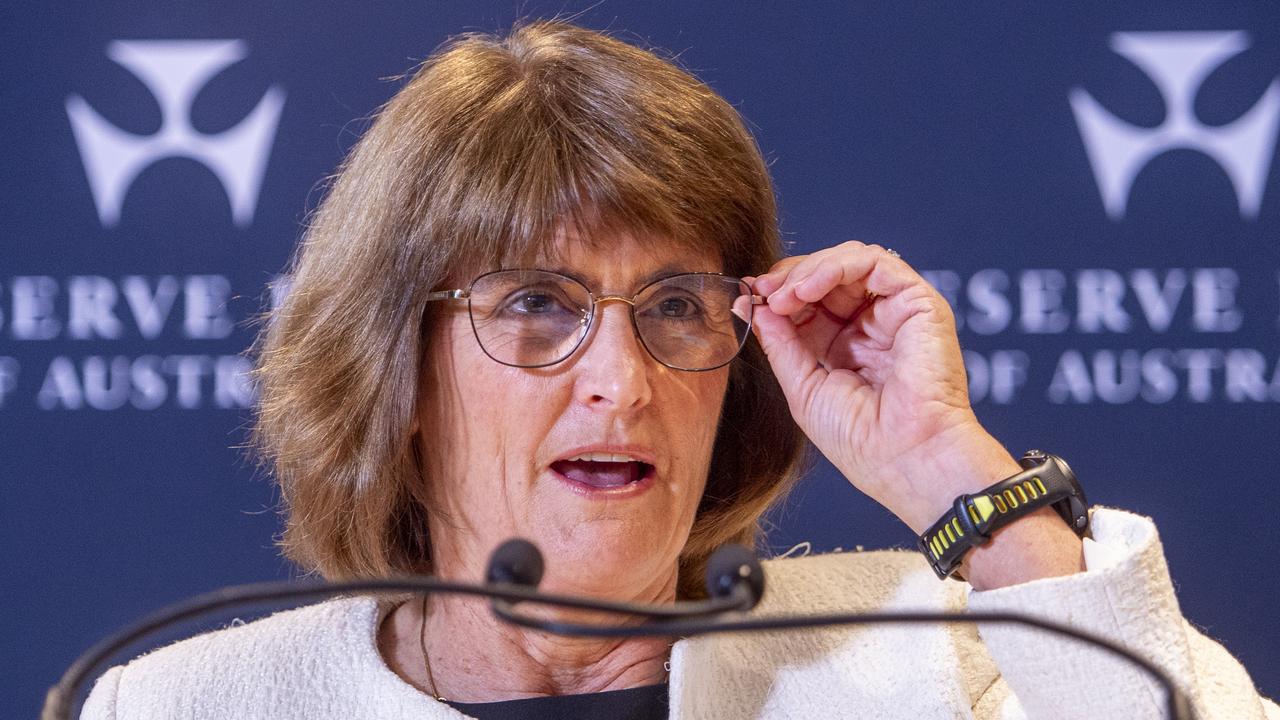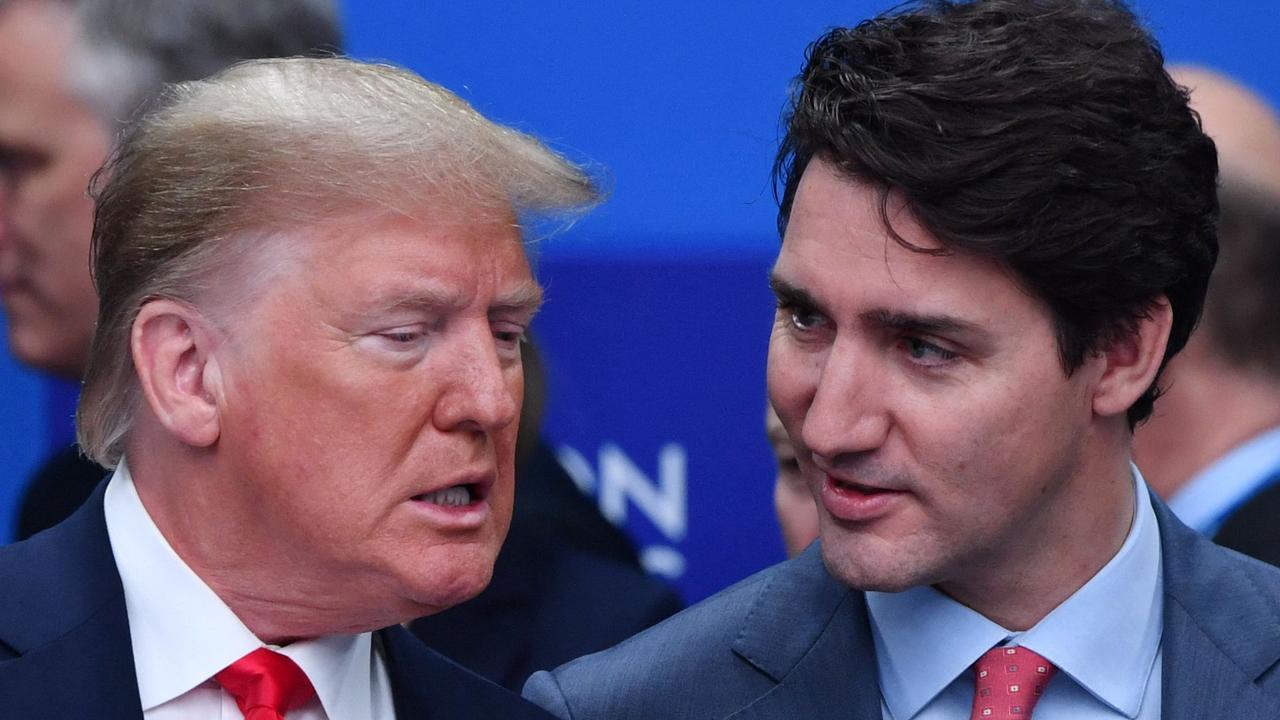Banning citizens? Take a flying leap

Decades ago the Australian government was incensed with a journalist called Wilfred Burchett. Burchett was an Australian born in the Melbourne suburb of Clifton Hill in 1911. As was common in the early 20th century he travelled on a British passport. Separate Australian passports were not issued if you had a British passport. But under our Constitution he was an Australian citizen and entitled to an Australian passport.
Burchett embarrassed our government and the US government with his reporting on the Korean war in the 1950s and the Vietnam war in the 60s. More particularly, he interviewed captured US and Australian soldiers in North Korea. He also visited North Vietnam on numerous occasions during the Vietnam war. It would be fair to say the government of the day was upset with him.
Interestingly Burchett was allowed free rein by the US government. He could go to and from the US without interference. But the Australian government thought otherwise of him and when his British passport ran out it refused to issue an Australian passport and urged the British government at the time not to renew his passport.
I recall this because my father (the brilliant criminal lawyer Frank Galbally) was asked to act as Burchett’s lawyer and get his passport back so he could come home. This was in February 1970. I had just started my final year at school. Burchett had just become a household name. The prime minister of the day, John Gorton, would have nothing of this. He didn’t want, what he would not say but alluded to, “a traitor” coming back to Australia. Certainly not while Australia was at war in Vietnam.
For those of my age we can recall how Vietnam was such a hot topic. Should we be involved? Should we have conscription and should conscripts be sent to Vietnam? At my home we debated this at the dinner table every night. And our views would change according to maturity, the news or our father’s views (we would always oppose him) and what we learned from our teachers.
In the end the government refused my father’s urgings that an Australian citizen, whatever their failings or crimes, was entitled to return to the country of their citizenship. It refused a passport. My father took that as an invitation to return without a passport — but return in any event. He obtained the assistance of a publisher, Gordon Barton, who arranged for a plane to pick up my father and Burchett from Noumea, New Caledonia, and fly them to Brisbane.
The upshot was Burchett arrived and could not be sent anywhere. He was an Australian citizen, albeit without a passport. This was an embarrassment for the Gorton government but a huge win for the civil rights of an Australian citizen.
Our government has had 16 months to set up efficient quarantine stations around Australia. A cost, yes. But the cost of COVID-19 is far greater. Constitutionally the federal government must take care of quarantine. It has delegated this to the states for good reason. But it should have overseen the arrangements and made sure we had strong quarantine arrangements in place for what will be a decade at least of COVID viruses.
It must now do so. The banning of Australian citizens who have been in India just shines the spotlight on this government’s failure to live up to its constitutional responsibility. And it raises a greater question. Many will say it’s racially motivated (of course it is not) because we did not do the same to our citizens who were residents in Britain, the US or Italy when the virus was out of control there. And what about Brazil? Should we now ban returns from there? If not, why not?
The real risk is this: what if Australian citizens do a Burchett, fly or arrive by boat with no formalities? That would be a disaster and one we and the government do not want. But our government is inviting it and no fine or threat can deal with the risk. Sure, a large fine. But the risk of COVID-19 spread is greater. Better to have proper quarantine arrangements in place than run that risk.
Francis Galbally is a Melbourne businessman and company director.


